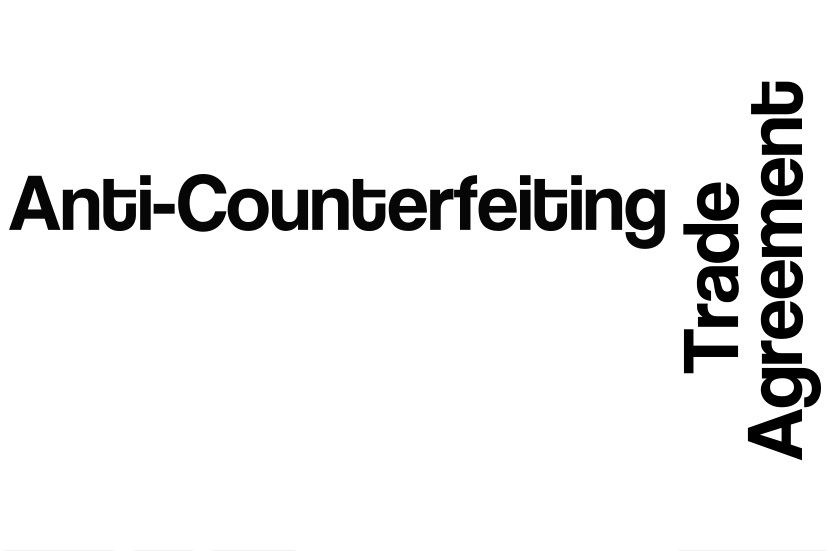Report: US Blocked EU Online Publication of Latest Anti-Counterfeiting Draft Agreement
SAN FRANCISCO, September 2, 2010 – U.S. trade negotiators participating in talks with their European, Japanese and other other global counterparts blocked the online publication of the latest draft of a controversial anti-counterfeiting and piracy agreement after the latest round of meetings this Au

SAN FRANCISCO, September 2, 2010 — U.S. trade negotiators participating in talks with their European, Japanese and other other global counterparts blocked the online publication of the latest draft of a controversial anti-counterfeiting and piracy agreement after the latest round of meetings this August, according to a report from a European Union policy foundation.
The story, at EurActiv.com, quotes anonymous EU policy sources complaining that the American delegation had prevented EU officials from publishing the latest draft on an EU web site.
“If we want to be leaders in the EU on transparency, we really have to put more pressure on our partners to have more transparency,” an Austrian Green MEP told EurActiv.
“USTR supported release of a public text in April, and we joined all of the ACTA partners in announcing last month that the text will be public again before we sign. So the transparency is there,” responded Nefeterius McPherson, a spokeswoman for the United States Trade Representative. “Right now we are focused on the hard work of resolving the remaining issues so we can get to a final text.”
USTR representatives are aiming to finalize ACTA by the end of the year. President Obama pointed to work on the agreement earlier this year as a signal of the administration’s commitment to stringent intellectual property enforcement.
For the past two years, American technology companies and digital rights groups have been fretting over both the substance and process that’s unfurled over the Anti-Counterfeiting Trade Agreement. They’re unhappy about the secretive nature of the negotiations, and the proposal to implement America’s version of digital copyright infringement law, without any of its checks and balances, in Europe, Japan, South Korea and in many other signatory countries. (Without those checks, YouTube would have been on the hook for a billion dollars in the lawsuit launched by Viacom.)
The digital provisions of the agreement are just one portion of a much wider ranging agreement that aims to better crack down on the international trafficking of counterfeit goods, a burgeoning industry in of itself.
Negotiators met this August in Washington DC to further hammer out the agreement. The next meeting this month is in Japan.








Member discussion